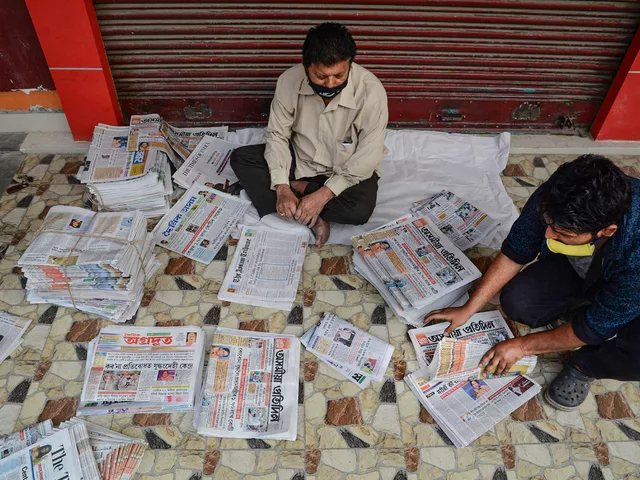Sexual assault: what to do right after and where to get help
If you or someone you know faces sexual assault, the first priority is safety. Move to a safe place, stay with someone you trust, and call emergency services. If the threat is immediate, dial the local emergency number (112 in many Indian cities) or get to the nearest police station or hospital.
Next, protect evidence. Avoid bathing, changing clothes, brushing teeth, or cleaning the area where the assault happened. Preserve any clothes worn and keep messages, calls, photos, or recordings that relate to the incident. These items can be important for a medico-legal report and police investigation.
Medical help and medico-legal care
Go to a hospital that can do a medico-legal examination (MLC). A doctor will document injuries, collect forensic samples, and issue the MLC — a key document for legal action. Even if you don’t want to file an FIR right away, getting a medical exam preserves evidence and helps with your health and legal options later.
If the survivor is a minor, the Protection of Children from Sexual Offences (POCSO) Act applies. Hospitals and police have special procedures for children to avoid re-traumatizing them. Ask for a female doctor or support person if that makes the survivor more comfortable.
Reporting the assault and legal steps
You can file an FIR at any police station. If you feel unsafe at a particular station, ask for a senior officer or file the FIR online where available. Indian law treats sexual violence seriously—rape and related offenses are covered under the Indian Penal Code (IPC), and POCSO protects children. The Criminal Law (Amendment) Act strengthened many provisions, especially around evidence and victim protection.
If you worry about going to police alone, bring a trusted friend, family member, a lawyer, or an NGO volunteer. You have the right to free legal aid if you can’t afford a lawyer. You can also request police to take statements in private and to avoid exposing identity in public reports.
Ask for protection if you fear the perpetrator will contact or harm you. Courts can issue interim protection orders and restraining orders. If the assault is within a relationship or household, the Protection of Women from Domestic Violence Act may offer additional remedies.
Emotional recovery matters. Seek counseling from mental health professionals or crisis centers that work with survivors. NGOs and local rape crisis centers often provide legal help, counseling, and accompaniment to courts and hospitals. You don’t have to go through this alone.
Keep records of all documents: MLC, FIR copy, medical bills, lawyer letters, and any communication related to the case. These records help both the legal process and any compensation claims later.
If you need immediate help, contact local emergency services, hospitals with forensic facilities, or recognized support NGOs in your area. For children, inform child welfare services or child helplines. Trust your instincts — seek help fast and prioritize safety and health first.
Facing sexual assault is terrifying, but practical steps—securing safety, preserving evidence, getting medical care, and reaching legal and emotional support—give you options. Take one step at a time and ask for help from people and services that put your welfare first.

UP minor gangraped, stepsister among 3 held?
Alright folks, hold onto your seats because this one is a doozy. A recent incident in Uttar Pradesh, India, has left me gobsmacked. A minor girl was, unfortunately, gang-raped, and here's the kicker - her stepsister was among the three people arrested. Yes, you heard that right, her own family member! It's a harsh reminder that sometimes villains are closer home than we think. Let's hope justice is served and the poor girl gets the support she needs.
Crime & Justice News



